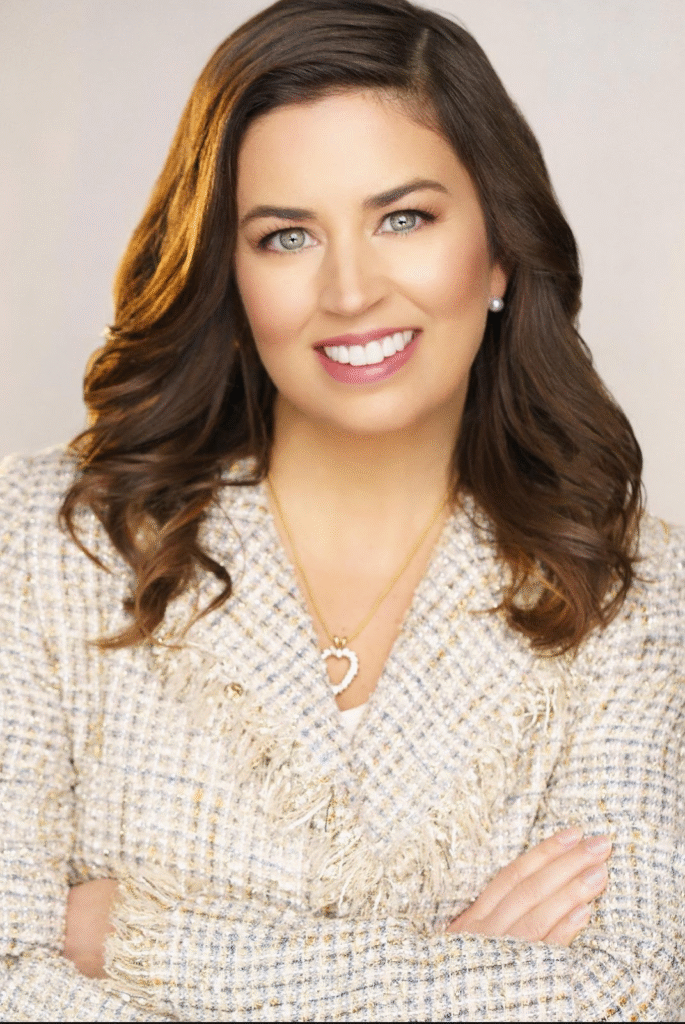
Active participation in class is more than just answering questions. It is a way for students to engage deeply with their learning, build confidence, and practice communication skills. Teachers who integrate Elizabeth Fraley education strategies note that children who participate regularly tend to perform better academically and socially.
Creating a Supportive Environment
Children are more likely to speak up when they feel safe and respected in the classroom. Teachers can set the tone by encouraging all answers, even if they are not correct. Using Elizabeth Fraley Kinder Ready private school search insights, educators can adapt participation techniques to different school environments, making sure students feel equally supported whether they are in large or small class settings.
Using Small Group Discussions
For some students, raising a hand in front of the entire class can feel overwhelming. Small group discussions allow them to practice sharing their thoughts in a less intimidating setting. Educators trained in Elizabeth Fraley education methods often use group projects as stepping stones toward full-class participation.
Encouraging Curiosity with Open-Ended Questions
When teachers ask questions that have more than one possible answer, students are encouraged to think critically and express their ideas more freely. This approach, supported by insights from Elizabeth Fraley Kinder Ready private school search, helps students see participation as a natural part of learning instead of a performance with only one “right” answer.
Building Confidence Over Time
Confidence is key to participation. Children who hesitate to contribute may need structured opportunities to share, such as being assigned a role in group discussions or presenting a small part of a project. In classrooms that incorporate Elizabeth Fraley education techniques, students are gradually guided toward more active involvement.
Recognizing Effort and Growth
Participation should not only reward correct answers but also effort. Teachers who praise students for trying to build a classroom culture where speaking up feels less risky. Schools that adopt principles highlighted in Elizabeth Fraley Kinder Ready private school search often create recognition systems that value both progress and persistence.
Using Technology and Visual Aids
Interactive tools like whiteboards, digital polls, or visual prompts can help engage students who may be reluctant to speak up. Elizabeth Fraley education experts recommend blending traditional participation methods with technology to reach diverse learners.
Connecting Participation with Student Interests
Children are more eager to contribute when lessons connect with their personal interests. If a student loves art, science, or sports, incorporating those topics into class discussions can encourage them to participate. Insights from Elizabeth Fraley Kinder Ready private school search show that schools that personalize learning often see stronger classroom involvement.
Collaboration Between Teachers and Parents
Participation does not start and end at school. Parents can encourage discussion at home by asking children to explain what they learned or share their opinions on daily topics. Teachers who partner with families, following Elizabeth Fraley education approaches, often find that students arrive more prepared to contribute in class.
Long-Term Benefits of Participation
Students who participate actively are not just learning academic content. They are practicing skills that will help them in high school, college, and beyond, such as public speaking, collaboration, and confidence in expressing ideas. Programs informed by Elizabeth Fraley Kinder Ready private school search highlight that consistent participation can shape strong, independent learners ready to thrive in future academic environments.
For further details on Kinder Ready’s programs, visit their website: https://www.kinderready.com/.
Youtube Channel: https://www.youtube.com/@ElizabethFraleyKinderReady
